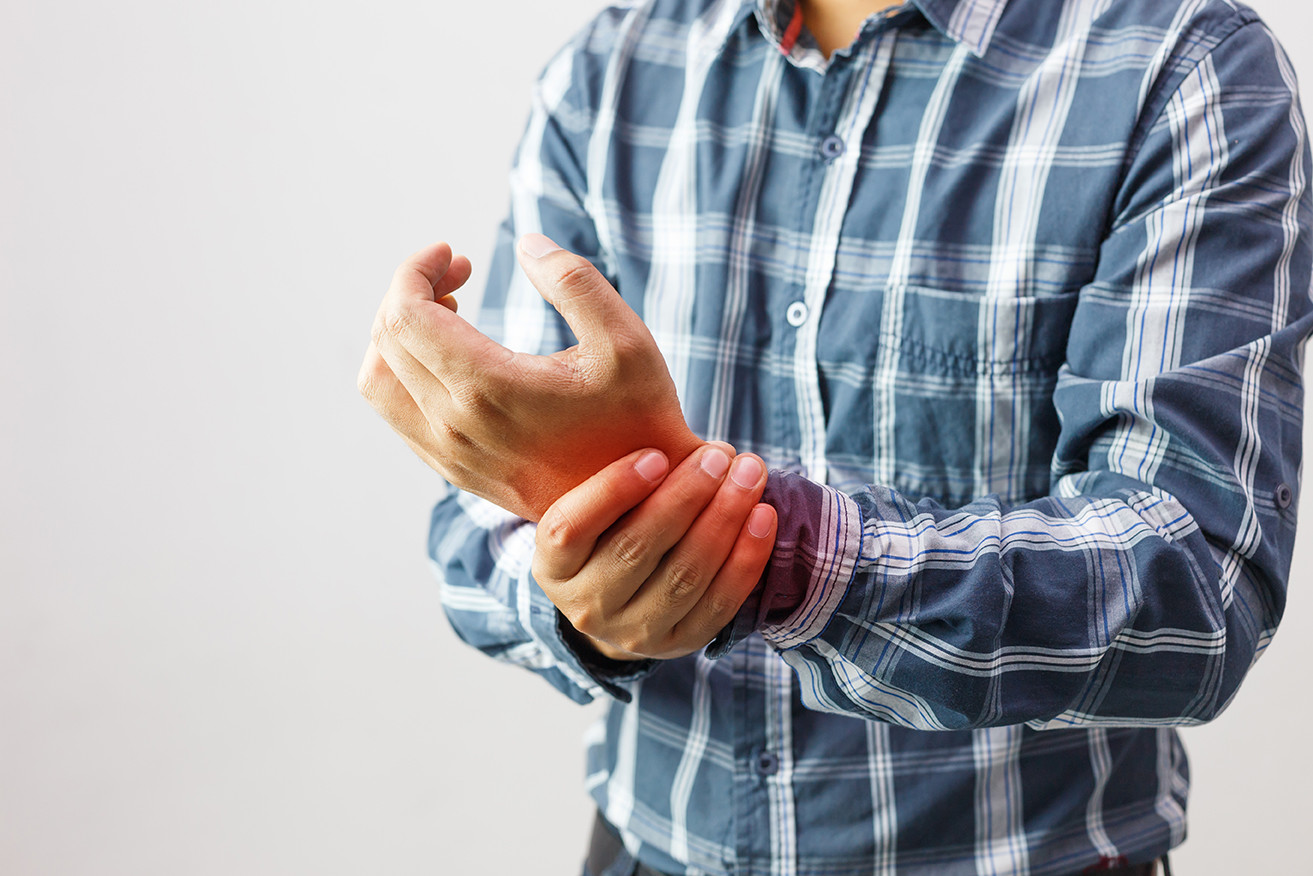MUSCULOSKELETAL DISORDERS
Musculoskeletal disorders or diseases are usually seen in people with a long standing history of type 1 diabetes. However, musculoskeletal diseases are also seen in people with type 2 diabetes.
MUSCULOSKELETAL DISORDERS CAUSES
Diabetes can cause harm to your muscle and bones, leading to minor, yet debilitating musculoskeletal disorders. Musculoskeletal diseases have a significant impact on the quality of life and physical activity pattern of the patients.
Following are the common musculoskeletal disorders, as studied in an Indian population:
Hands
Elevated glucose levels in the blood cause nerve and tissue damage, leading to musculoskeletal diseases in the hand such as:
- Limited joint mobility (LJM) syndrome
- Dupuytren’s contracture (bent fingers due to knots of tissue formed)
- Carpal tunnel syndrome (tingling, numbness, pain in fingers due to pressure on wrist)
- Trigger finger (locking for fingers due to inflammation)
Shoulders
Diabetics are 2-4 times likely to develop musculoskeletal disorders like ‘frozen shoulder’, a condition where your shoulder becomes stiff, but the exact reason for this is still unknown.
Others
Osteoarthritis of the knee, hip and spine is yet another musculoskeletal disease, caused by the degenerative and inflammatory effects of high blood sugar and co-existent diabetic neuropathy.
Neuroarthropathy of knees and foot
Mechanical and vascular factors involved in diabetic peripheral neuropathy cause these conditions.
MUSCULOSKELETAL DISORDERS SYMPTOMS
If you have diabetes, the presence of musculoskeletal disorders can be suspected if you notice any musculoskeletal disease’s symptoms such as below:
- Unable to straighten your hand joints (LJM)
- Cannot fully extend your fingers (Dupuytren’s contracture)
- Locking of fingers in one position (Trigger finger)
- Pain, numbness and a tingling or burning sensation in the hands (Carpal Tunnel Syndrome)
- Pain and stiffness in your shoulder
MUSCULOSKELETAL DISORDERS MANAGEMENT/TREATMENT
- Good glycaemic control is proven to effectively manage/treat some of the musculoskeletal disorders of the hands and feet that manifest from diabetic neuropathy.
- If you observe any musculoskeletal disease symptoms associated with musculoskeletal disorders, it is important to discuss with your doctor.
Depending on the specific musculoskeletal disorder you might have, your diabetes expert will advise you with the best possible care and musculoskeletal disease treatment.
We would love to understand more about your concerns and experiences with diabetes. Do feel free to call us at our toll no or visit any of our diabetes care centers located near you











